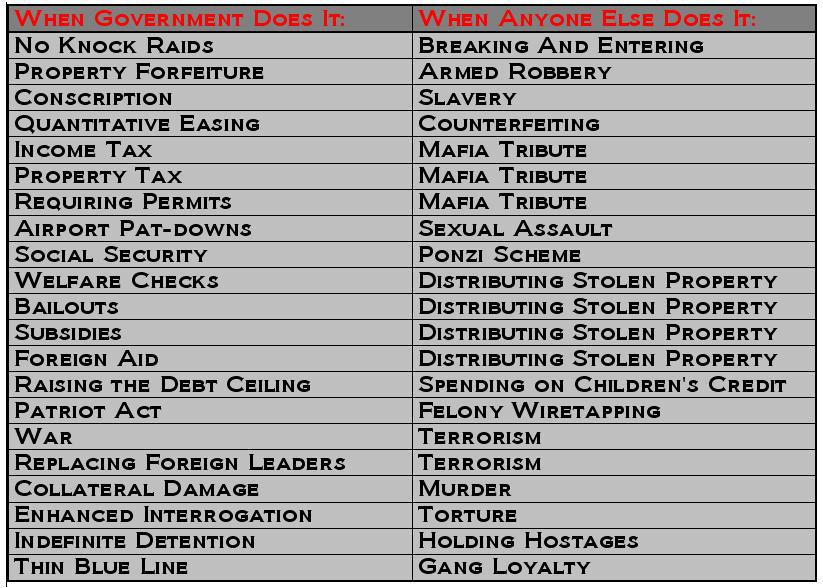- Joined
- May 22, 2012
- Messages
- 280
- Reaction score
- 0
I'll respond to each. yes by allotting certain funds for a program you are in essence capping each state thereby regulating the programs. You can go ahead and disagree but that is fact, I said regulated, that is what they are doing regulating.Giving block grants and actually running the programs are two entirely different things. I am sorry, but you were incorrect when you stated that welfare is a federally managed program. It is 50 state-run programs.
Again, separate funding from running. The SSA is deadly efficient, and its projected insolvency could be addressed by simply raising the income limit on the SS payroll tax.
Non sequitur.
And you have very little to substantiate this argument. If you are willing, please list all major objectives for Medicare, identify which ones the program has failed at, and demonstrate how poor management has caused those failures.
Second, ok you just said it it "could be addressed" however it has not been addressed and we are still on path to run out of funds so my point exactly you thought of an idea right there that apparently our federal government cannot.
Non-sequitir I will admit I had to look that word up, however, if wikipedia is correct, that is not a valid response, and I believe it is just a failing to come up with a valid counter-argument.
Lastly I never EVER said it was failing to accomplish it's purpose. I said it fails to accomplish it's purpose in an economically efficient manner and could be RUN BETTER. to quote me exactly, "I am simply making the argument they are poorly run, which from a financial standpoint is a fact."
I have already pointed out shortcomings though, the fact that there is no income based restraints. You in a way have that I guess with Medicare Advantage, which allows you to pay more for expanded coverage, however with the PPACA it is basically becoming null and void.
Now let's call attention to more shortcomings of our new law, for instance the fact that the "new" Medicare setup is calling for cuts to doctors, which leads to one of two options. A. roughly 60% of doctors, most specialists, will refuse to accept medicare. Or B. They will vote down the pay out cuts as they have since 2001, and with that addition this program is estimated to cost us 100 billion a year in debt.That's helpful when you are 16 trillion deep. the new CLASS act combined with the 16 million new Medicaid "customers" will essentially put nursing homes out of business, considering they already are struggling to make profits in many places. Also, I won't even begin to approach the Independent advisory board, because a team full of non-medical professionals making medical decisions for us all makes sense.
So let me again be plain and clear for you. I never said these programs or other government run programs were "trash", "worthless" or failed to do any good. I said, "They could be run more efficiently" By that I mean more economically efficient, and more personalized. Just like the point made earlier about roads, bridges, schools etc. Just because the government "built" them or put them in place doesn't mean we wouldn't have done the same thing, and perhaps more efficiently without them.
Last edited:





